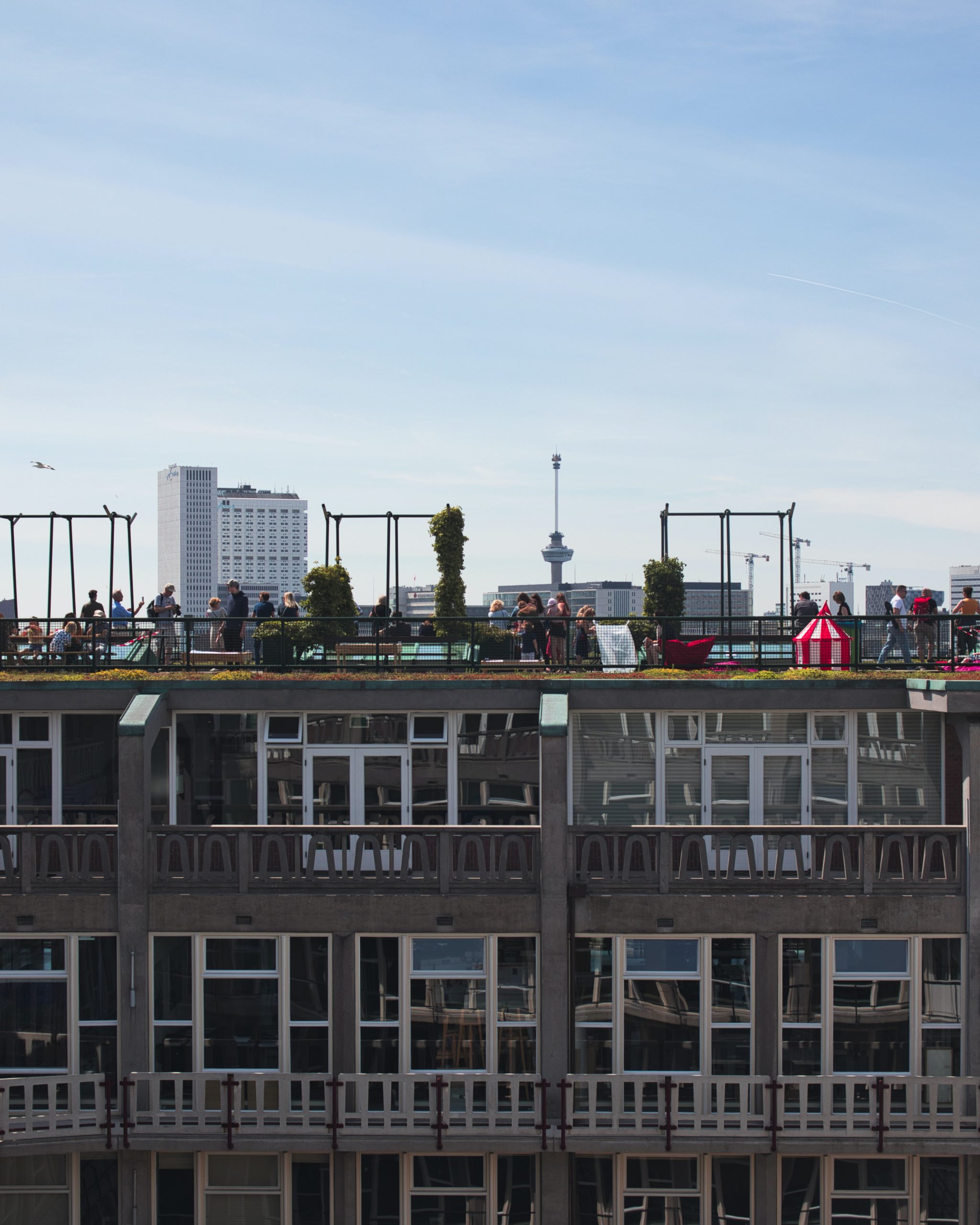Randomly selected respondents provide their view on their country and Europe.
A monthly survey and fixed reward for each survey ensure high participation rate.
We are building Lifepanel from decades of social research and policy experience and together with key partners that, have verified each step of the sampling process.

